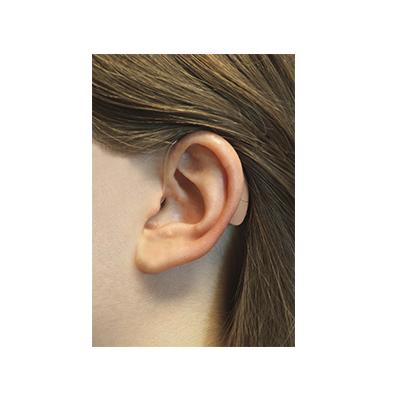
Here at Advanced Hearing, we believe that understanding the different conditions that affect our ear health and hearing can help us to protect our health. Different technological advancements and medical discoveries are helping those who suffer from hearing loss to live relatively normal, healthy and happy lives. However, before we can find the right treatments and coping strategies that work best, it's important to understand about our hearing loss. For example, it's important to find out what the cause of your hearing loss is, whether or not it is permanent, exactly what the symptoms are and what is happening in the ear when hearing takes place.
One condition that directly affects the ear is Ménière's Disease. In this blog post, we will help sufferers and carers of sufferers to understand the condition, and how to best treat and live with the condition. This includes understanding how hearing aids may help the condition.
What Is Ménière's Disease?
Ménière's disease refers to a condition in the inner ear. Around 1 in every 1,000 people develop the condition. Although the condition can easily affect anyone of any age, it is most commonly found in patients between the ages of 40 and 60 years. The condition usually starts in just one ear. Then, in 4 out of every 10 case of the condition, the other ear also becomes affected at some stage.
What Are the Symptoms of Ménière's Disease?
The symptoms that a Ménière's Disease sufferer will experience, will vary from case to case. However, common symptoms experienced include:
- Hearing loss or dulled hearing in an affected ear: The extent of the hearing loss will vary from case to case.
- Vertigo:This usually manifests itself in dizzy spells, which can sometimes result in vomiting and nausea in its most severe form.
- Tinnitus: This refers to a noise in the ear such as ringing or other sounds.
- Ear pressure:This feels like pressure on the inside of the ear.
- Sensitivity to loud noises: Loud noises may seem particularly unpleasant.
How Can You Treat Hearing Loss in Ménière's Disease?
Ménière's Disease can be difficult to treat and to cope with, as the symptoms are not constant. Patients will most likely experience spells or episodes where the symptoms will suddenly occur. An episode is likely to last between 2-4 hours. Many sufferers do feel sleepy or unwell after an episode, and it may take several hours for some-one to feel completely recovered in the period after.
As hearing loss is not permanent and long-term, it can be difficult to find a hearing aid that helps. However, technological advancements are producing innovative hearing aids at affordable prices. For this reason, your best course of action is to discuss your symptoms with your doctor. They will be able to advise whether hearing aids may be an option for your case. Do remember that, just because your hearing loss isn't constant, does not mean that you should not be able to find a solution to treat your pain and difficulty when an episode occurs.
Do you feel that a hearing aid can help you cope with the condition? Have you discussed your diagnosis with your doctor?
If you believe that there may be a hearing aid for you, get in touch with our team. We have a variety of hearing aids that are tailored to different hearing loss causes.
